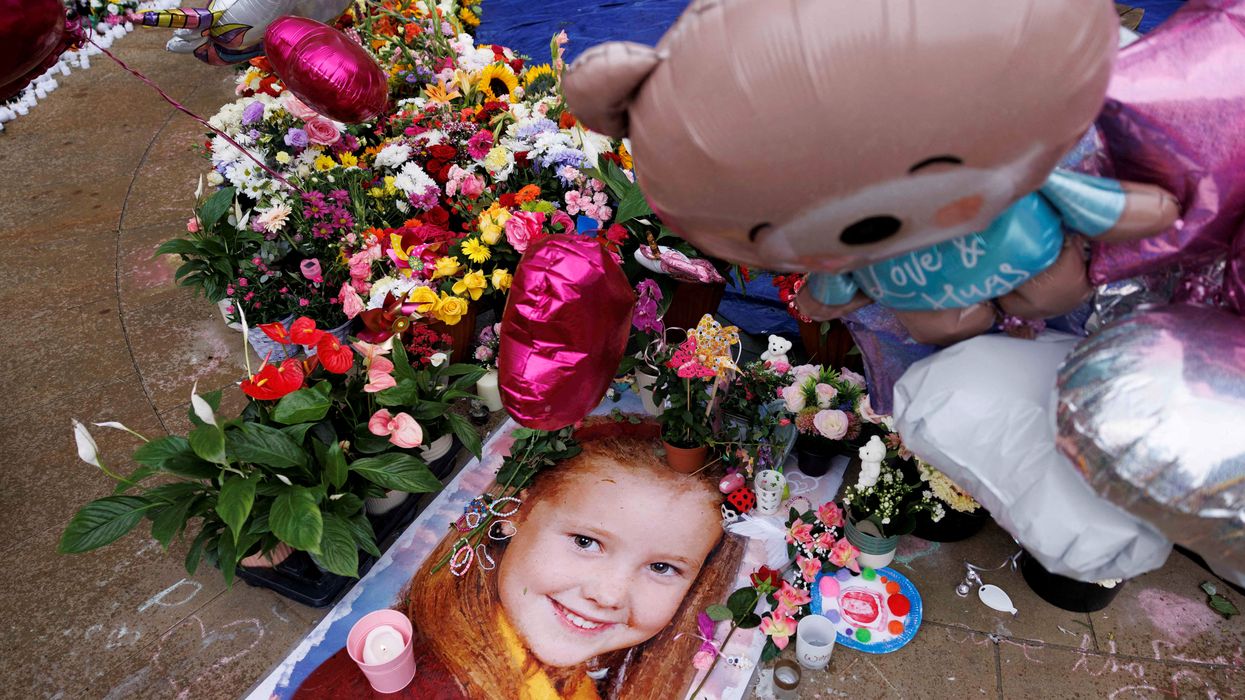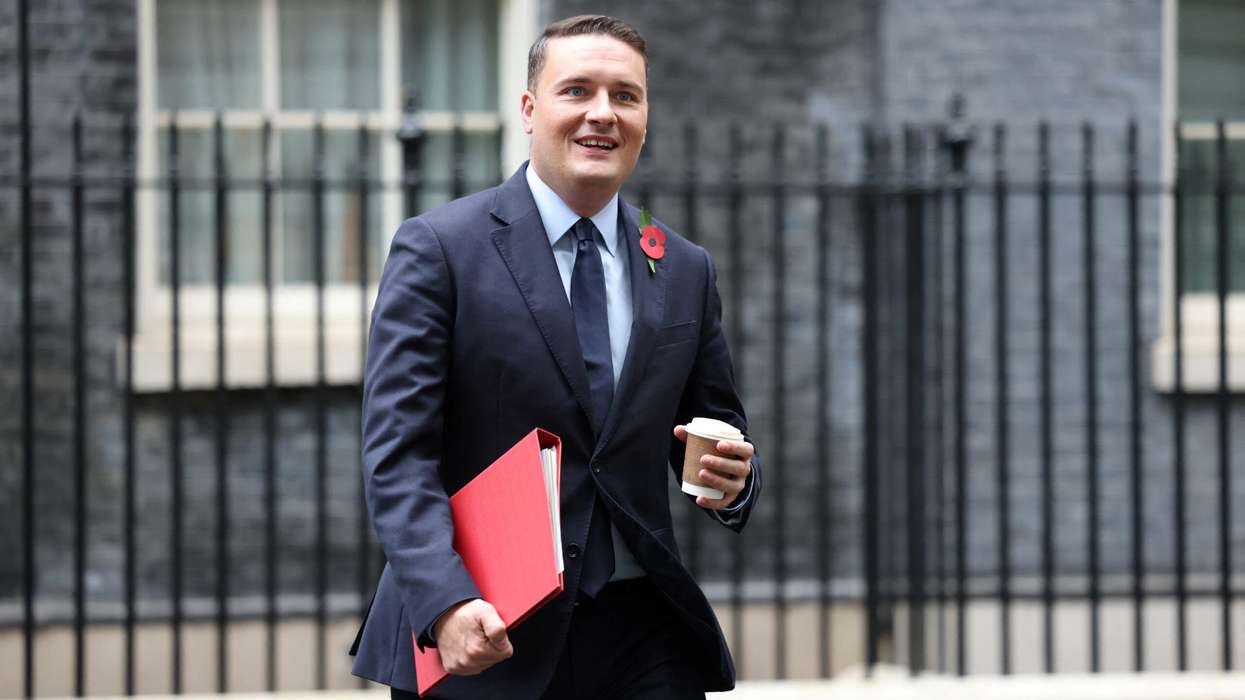A YEAR after one of Britain’s most harrowing knife attacks, the government is urging young people to drop off bladed weapons at “amnesty” bins or mobile vans in a month-long campaign.
It is part of efforts to control knife-related violence, particularly when it involves youths. On July 29, last year, teenager Axel Rudakubana, who was obsessed with violence and genocide, attacked a Taylor Swift-themed children’s dance event in the northern English town of Southport, killing three girls and stabbing 10 other people.
Since then, prime minister Keir Starmer’s Labour government has pledged tougher age checks for knife buyers, warned social media firms they could face fines for failing to curb sales and promotion of weapons, and banned zombie-style knives and ninja swords.
Starmer launched a coalition in September last year aimed at tackling youth knife crime. Actor and anti-knife campaigner Idris Elba joined the conversation at a meeting this month, alongside King Charles.
Charities and experts interviewed call the government’s efforts a step forward but say they largely fail to address the root causes. Some charities involved in classes and workshops aimed at young people are urging the government to make such education part of the national curriculum.
Overall, knife crime in England and Wales has risen 87 per cent over the past decade, with 54,587 offences last year alone, a two per cent rise from 2023 and among the highest rates in Europe, figures from Home Office show.
It did not provide a breakdown of knife crime offences by age group. But data from the justice ministry showed that in the year to March 2024 there were just over 3,200 knife or offensive weapon offences committed by children (aged 10-17) resulting in a caution or sentence.
Of the 262 people killed with a knife or sharp object in the 12 months to March 2024, 57 were under 25. Kitchen knives were the most commonly used weapons.
A public inquiry into the Southport murders that opened this month will begin by looking into the specifics of Rudakubana’s case before a second phase examines the wider issue of children being drawn into violence, an increasing concern for British authorities.
Amanda Marlow, from the youth charity Safety Centre, which runs knife crime awareness workshops in schools, says young people carry knives for a range of reasons. These include seeing it as a “quick fix” to make money when growing up in poverty, trying to gain status among peers, or being drawn into the wrong crowd, such as gangs, where they are often exploited.




